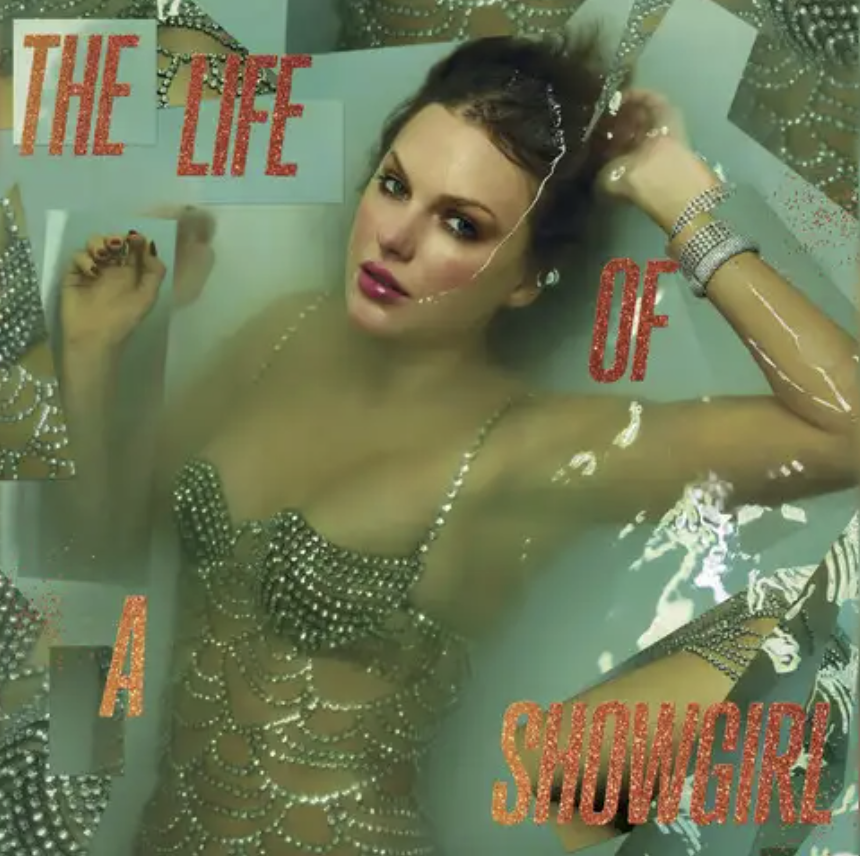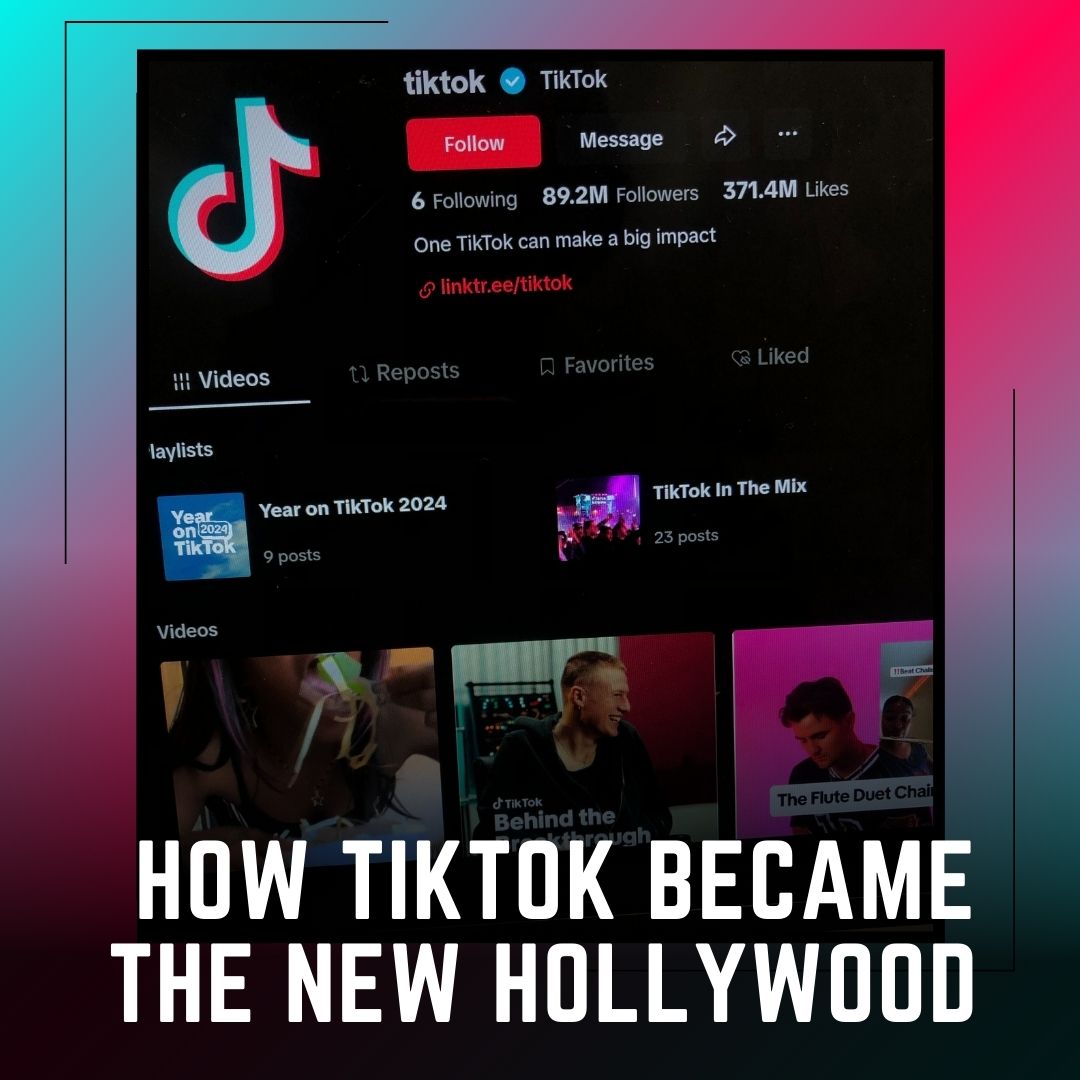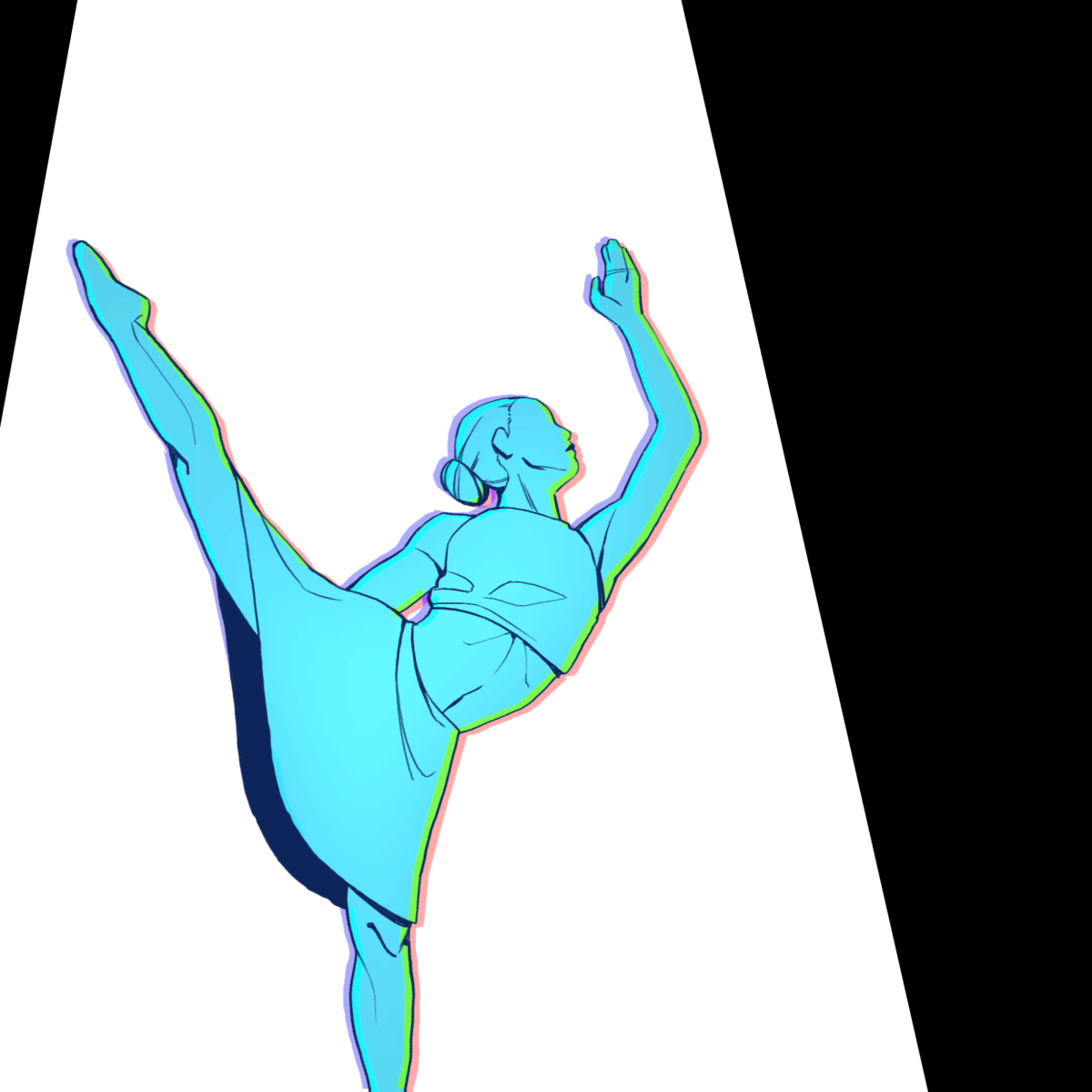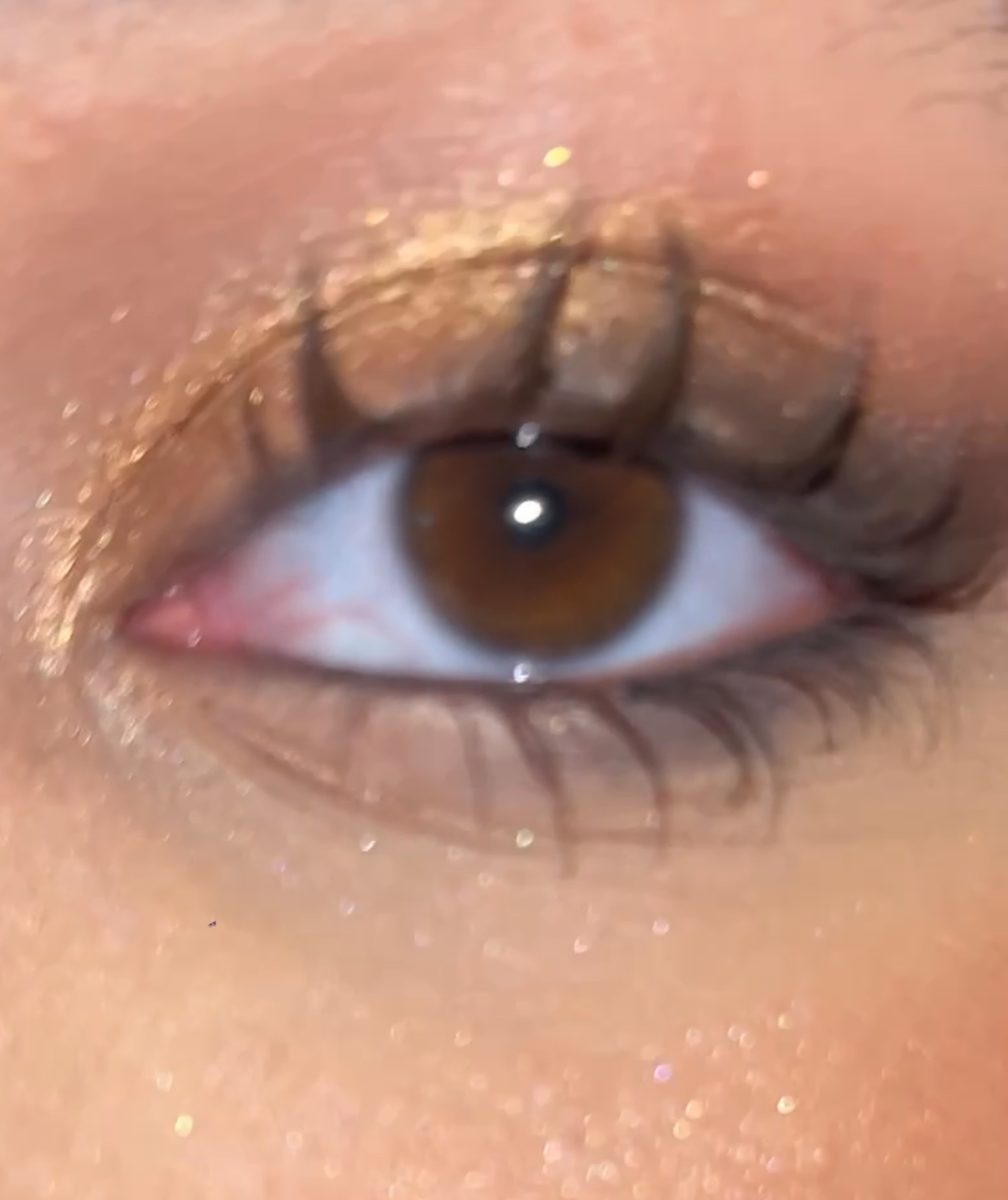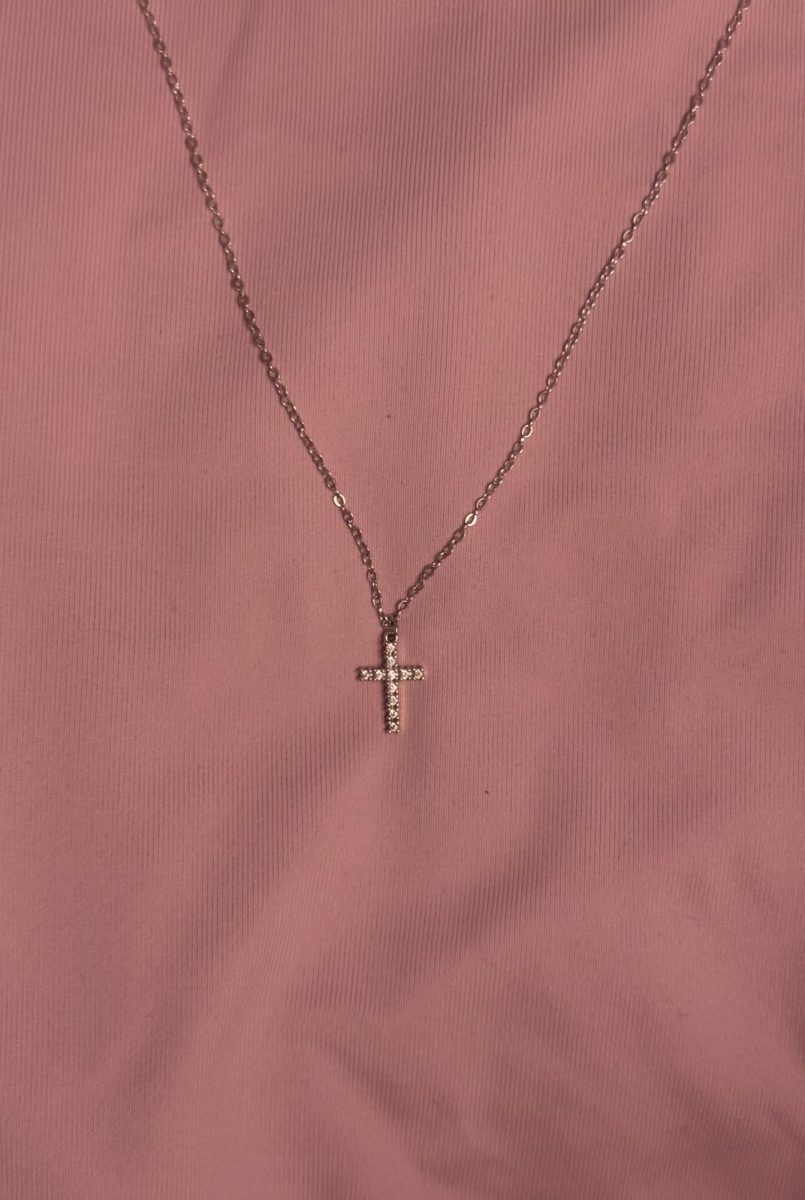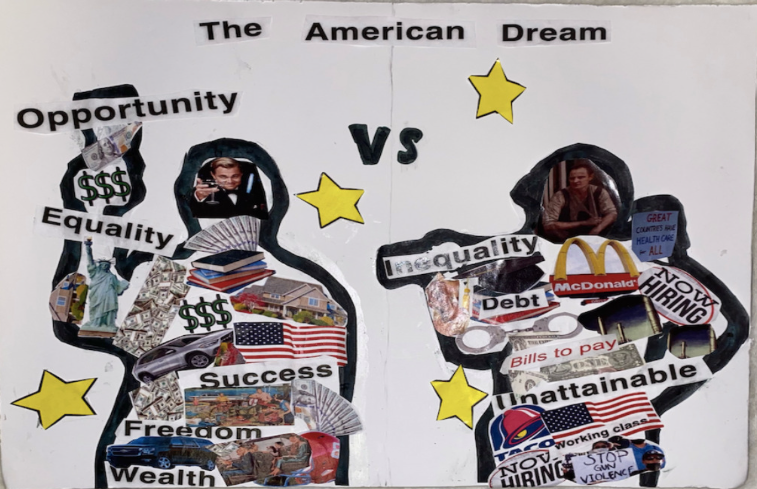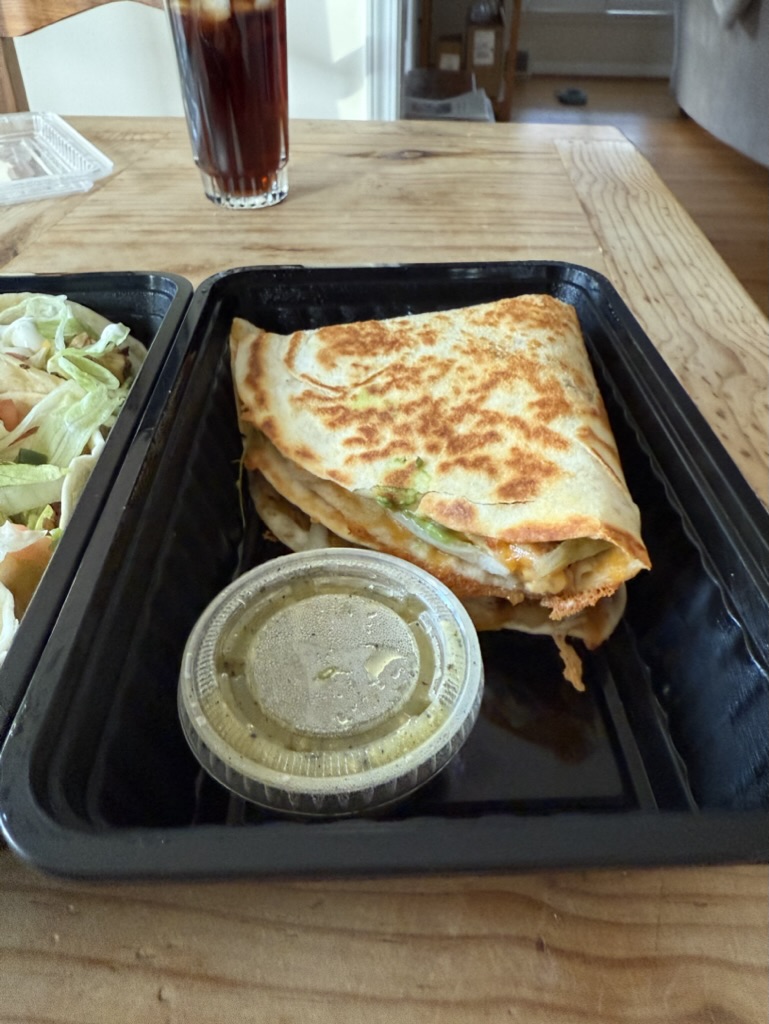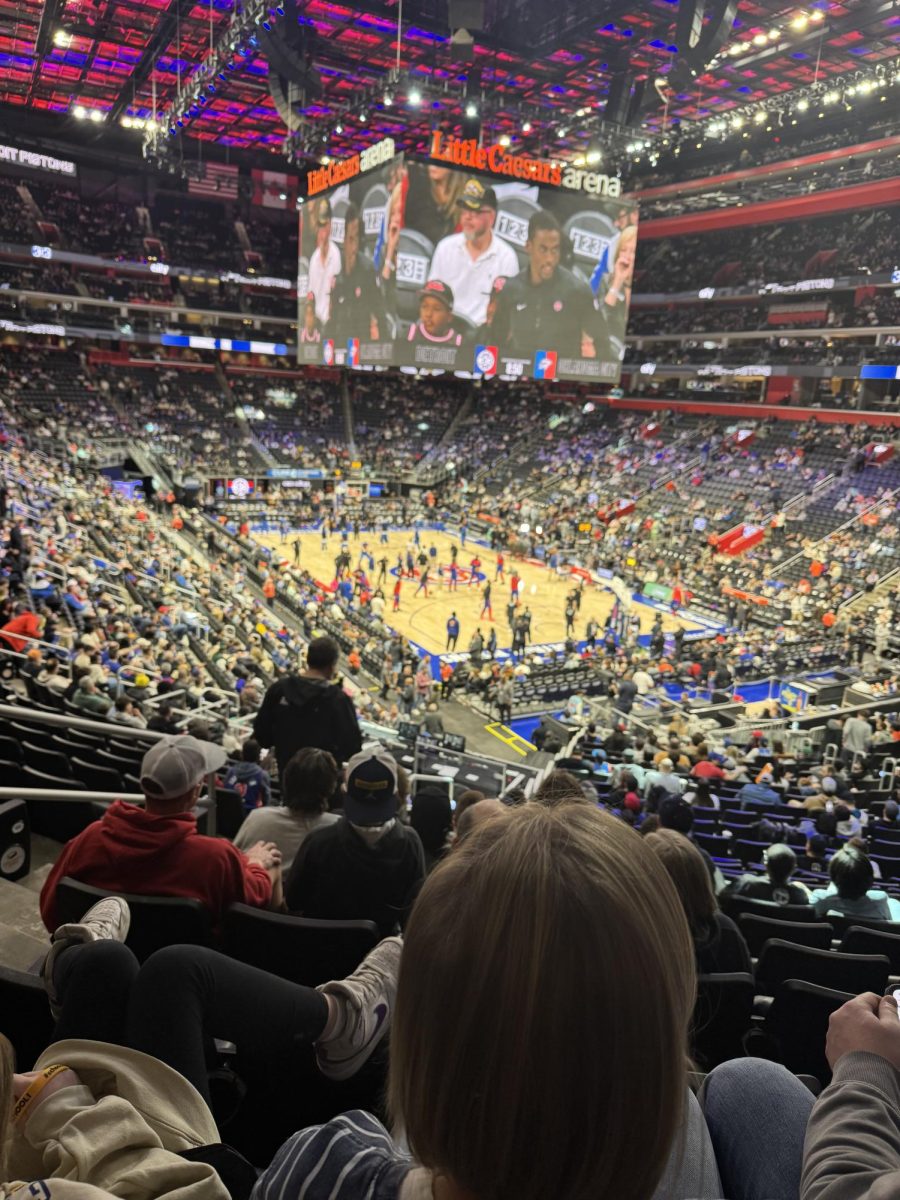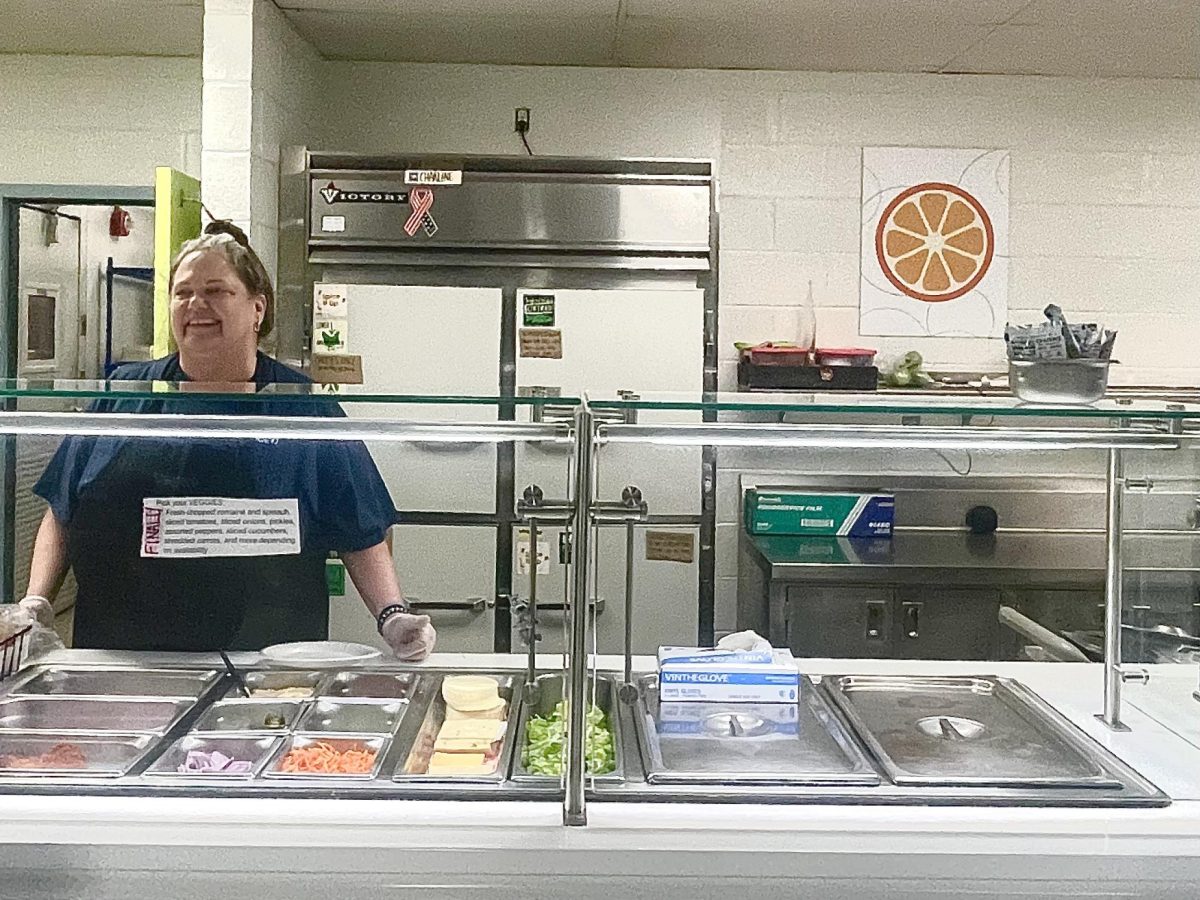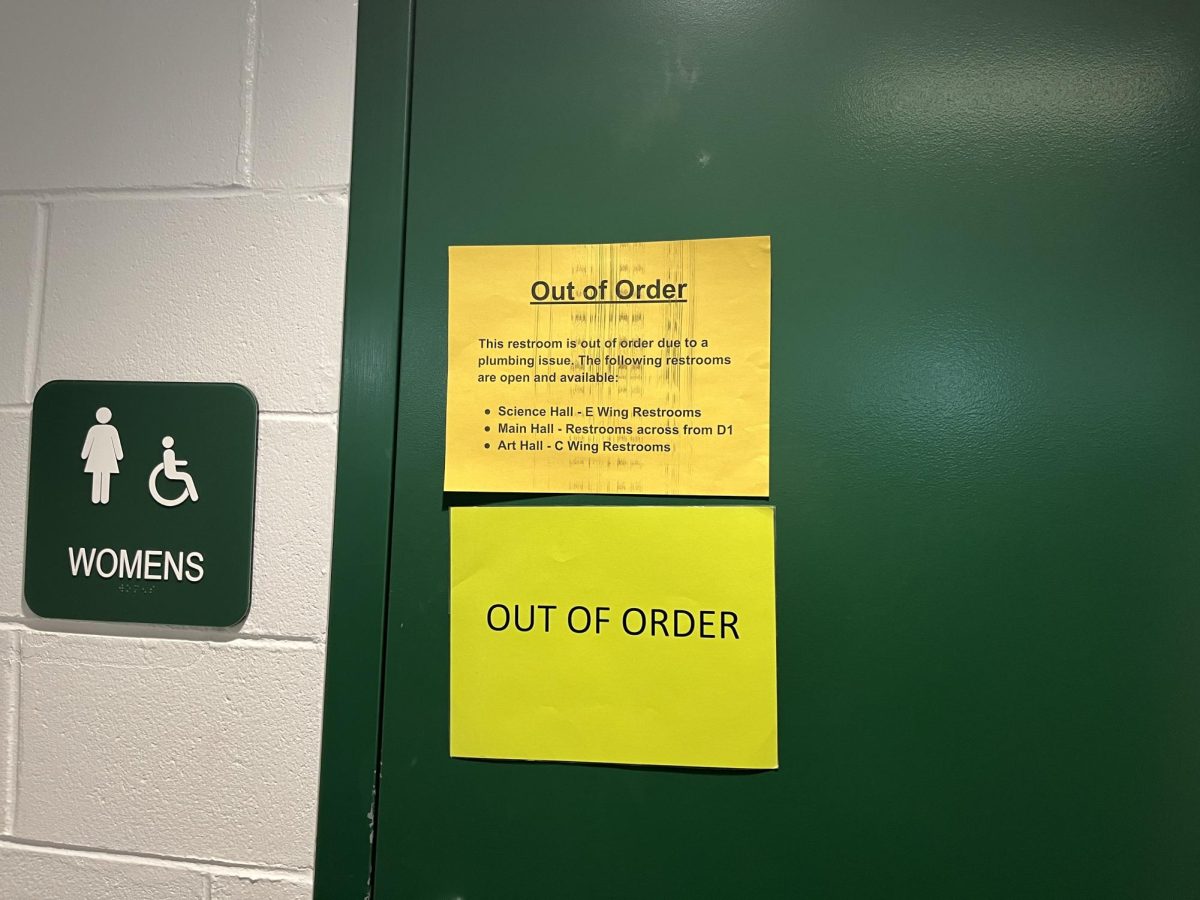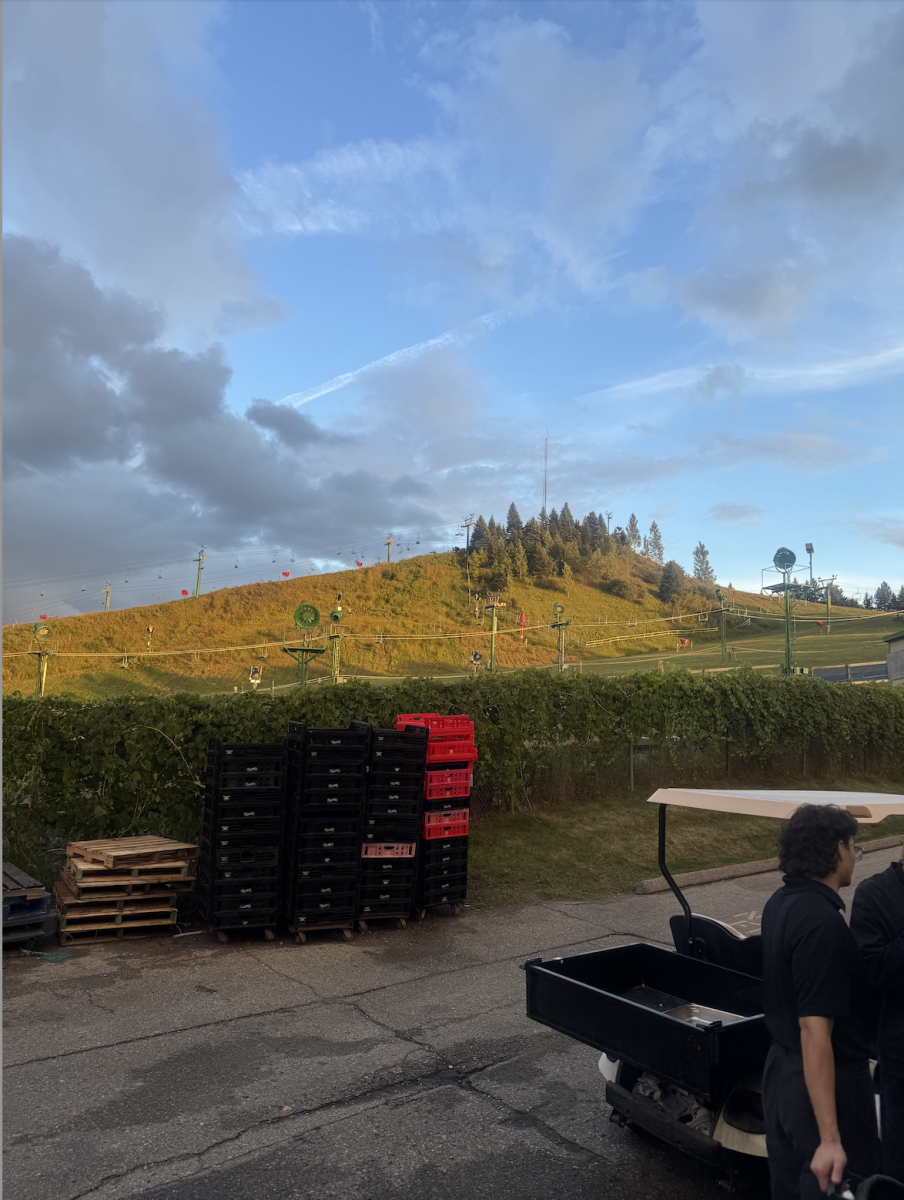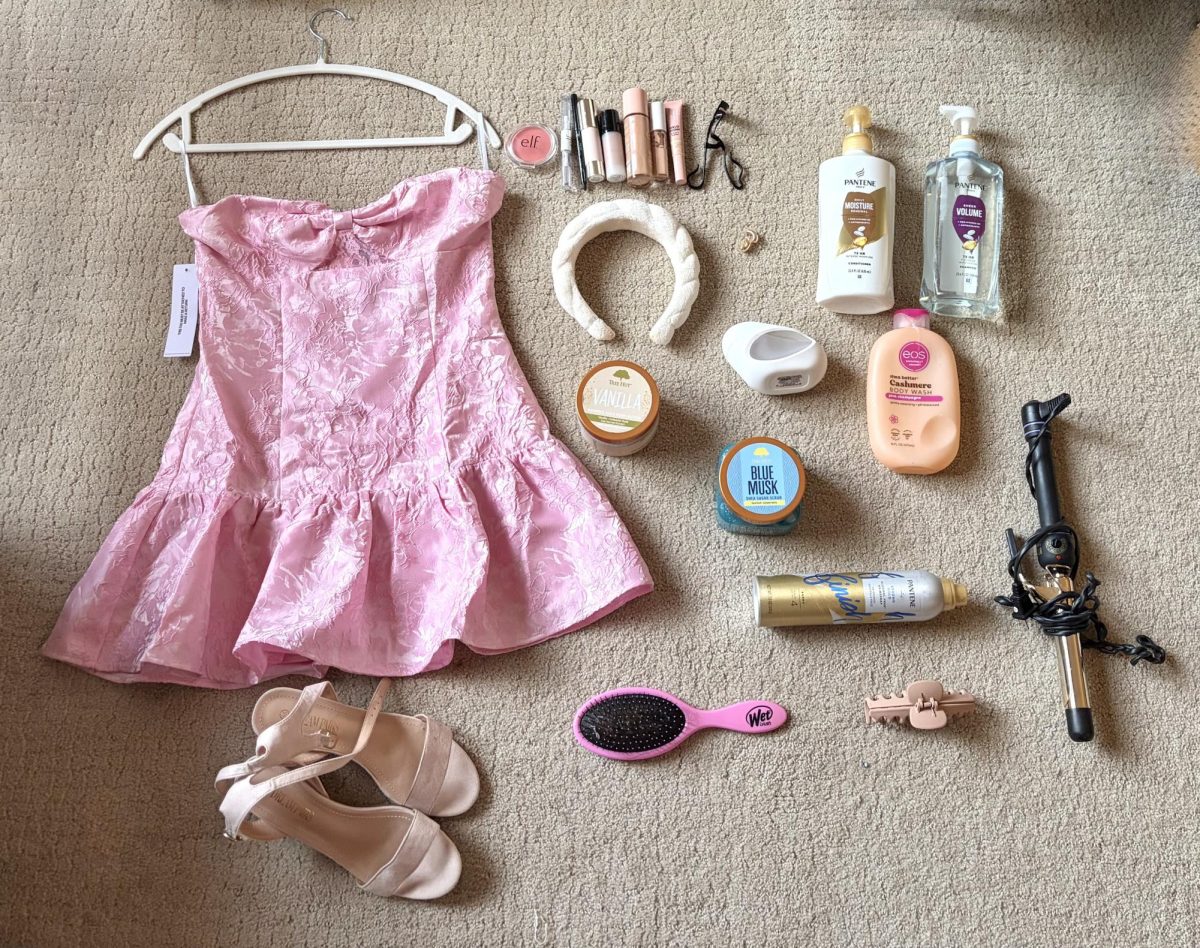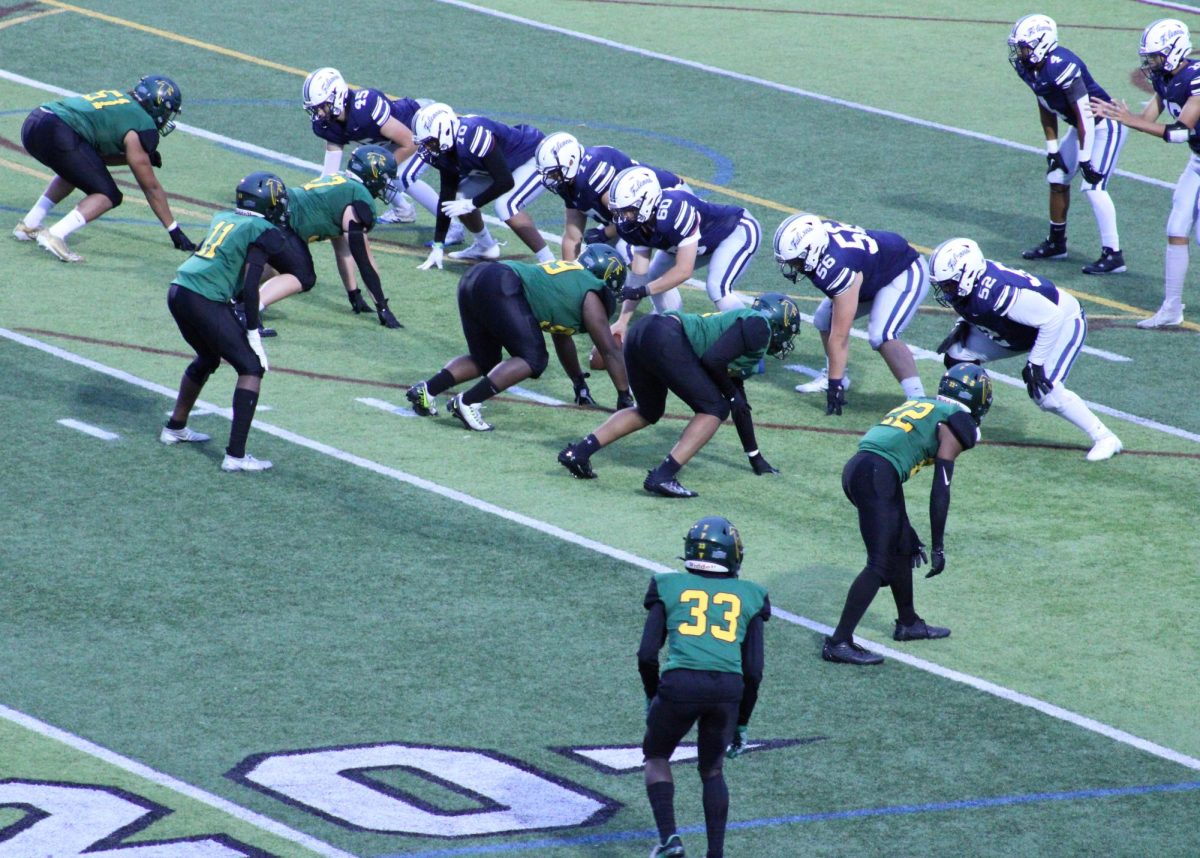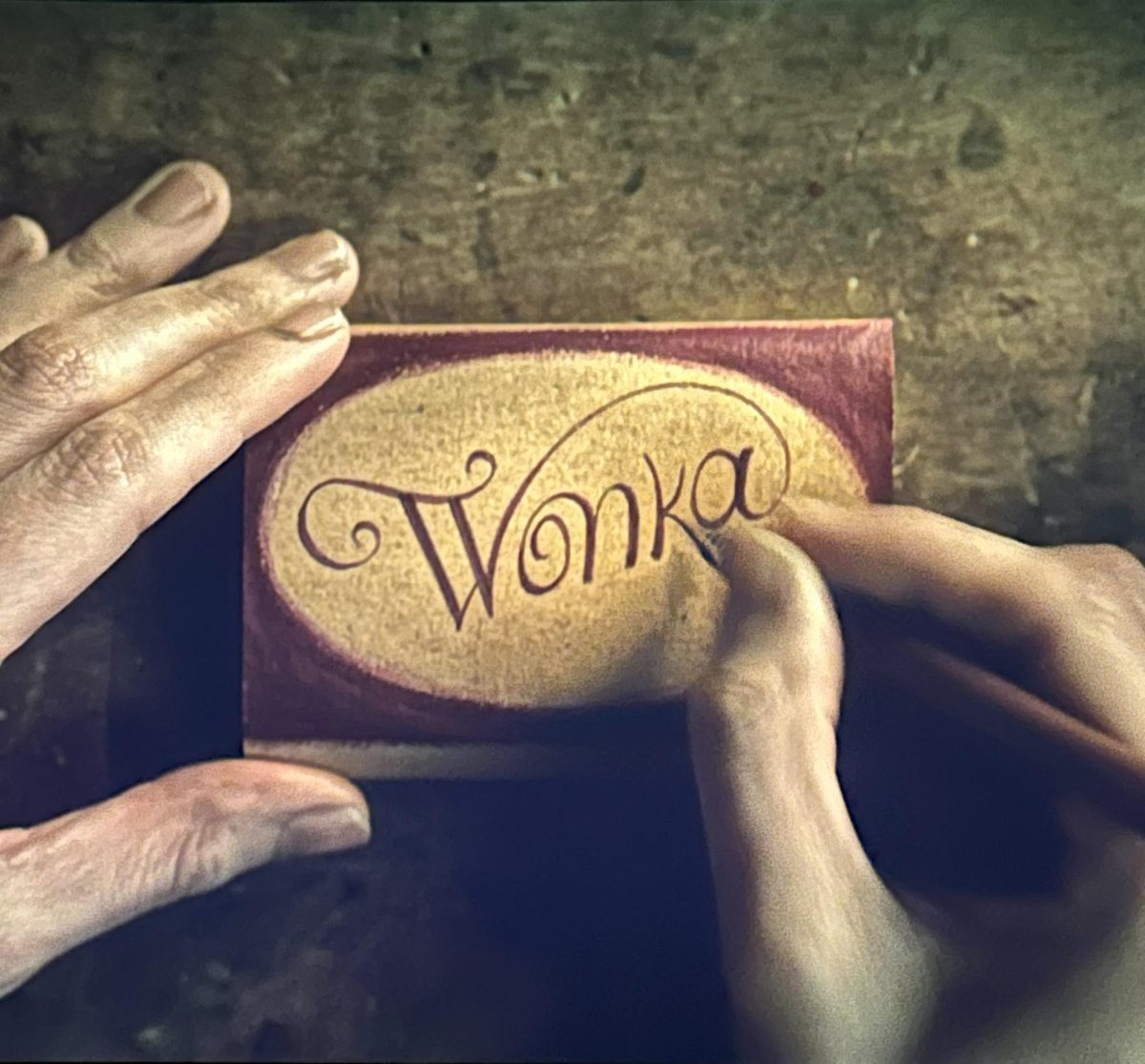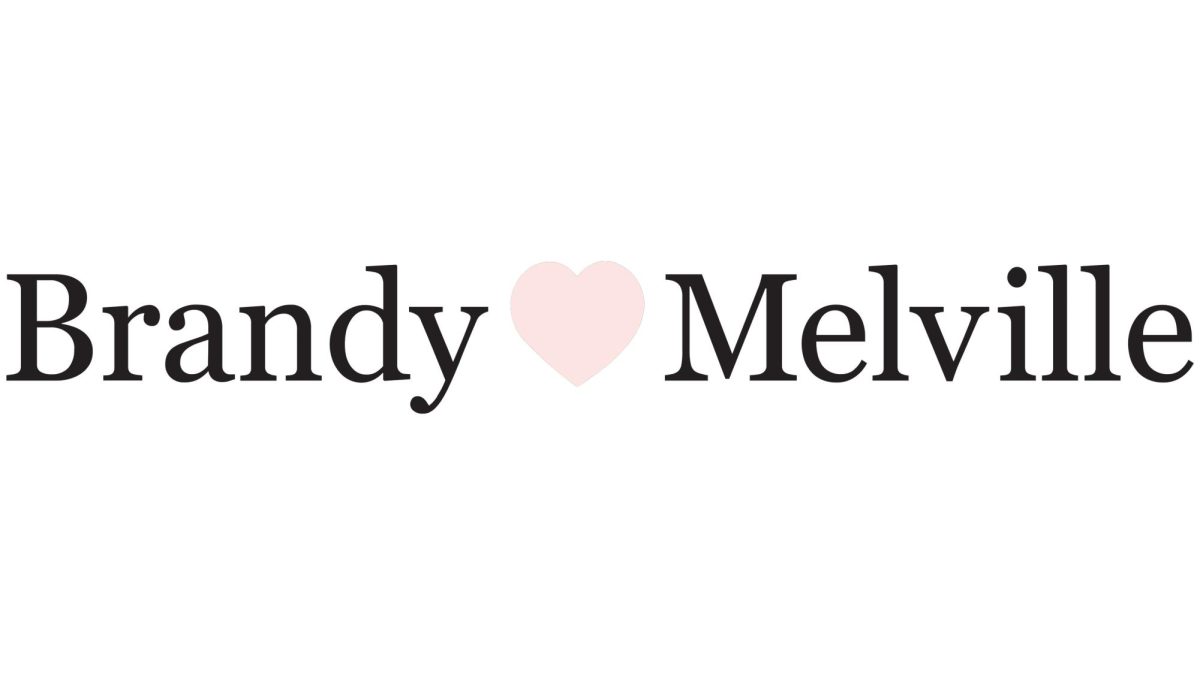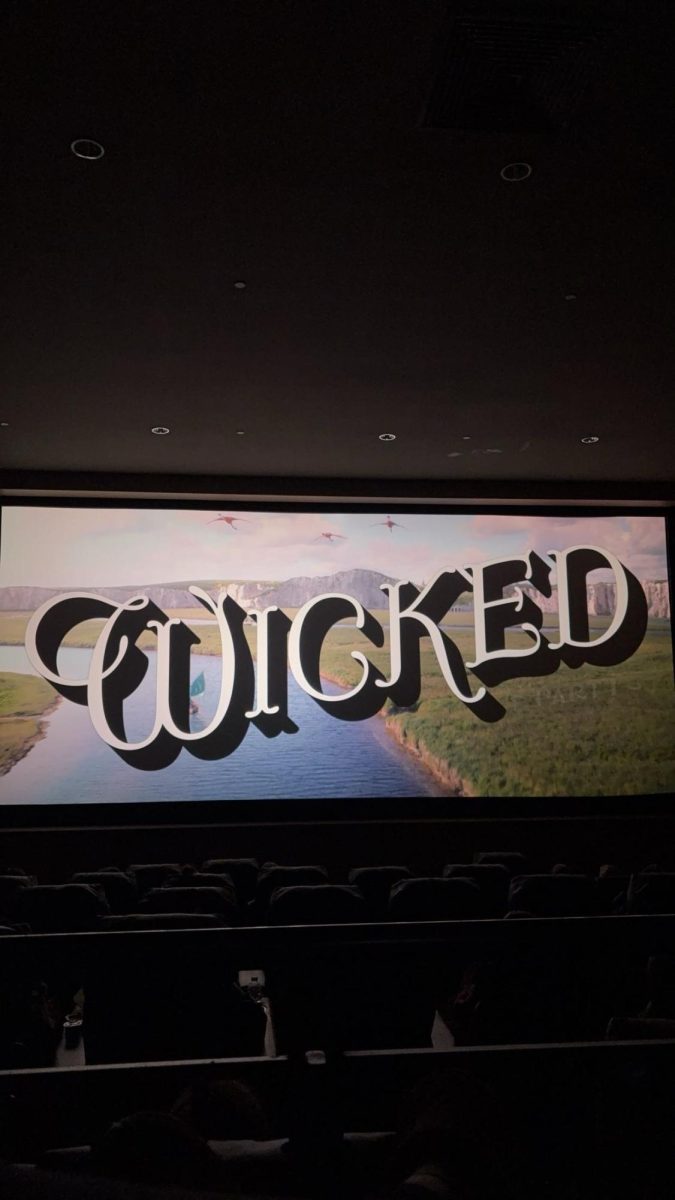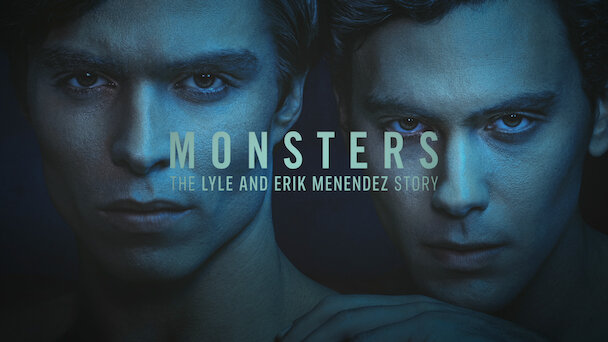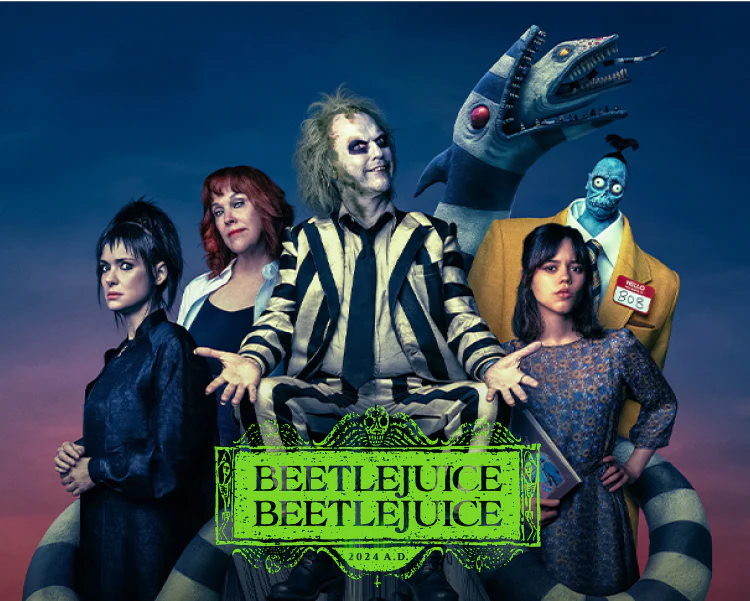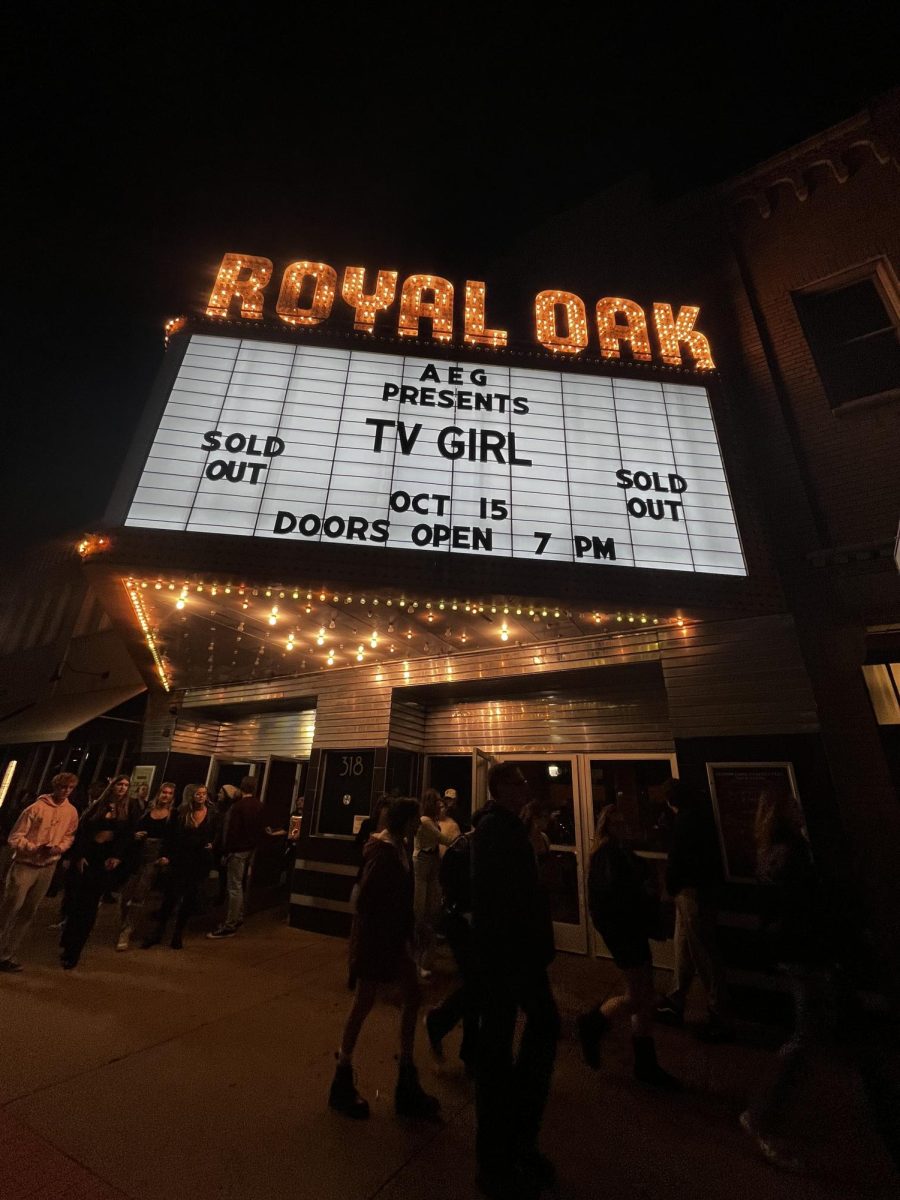“Brandy Hellville & the Cult of Fast Fashion”, a new documentary released on HBO Max in April, has pulled back the curtain on one of the most exclusive but yet strangest clothing brand in the country.
If you’re not familiar with Brandy Melville, consider yourself lucky. For those of us who experienced their one-size-fits-all mentality and marveled at their relatively cheap price points and celebrity fans, it has been officially exposed as a place riddled with toxicity.
Since the 2010s, the clothing company has developed a cult-like following of teenage girls who have been obsessed with its all-American teen-dream aesthetic. The brand’s immense popularity, however, has masked a number of troubling issues.
This documentary, directed by Academy Award winner Eva Orner, centers on the reporting of Business Insider’s Kate Taylor. It features former employees and associates of the retailer. Throughout the documentary, sources highlight allegations of exclusionary sizing practices, failure to support racial representation and the brands immense contribution to fast fashion.
Brandy Melville has been known to fail to support racial representation among their models. When popular brands only have white models, they are putting out the false message that only one race is beautiful. The stores themselves even want young girls who resemble the models to work retail to keep up the “Brandy image”. A former worker stated that if a girl was applying to work there, she would be required to inform them of her race, and if she wasn’t white, the manager would simply send the girl away. This wasn’t exclusive to that one store location either. Shortly after, many former workers began sharing shocking stories from their experiences with similar situations. Through this documentary it has been revealed that these racially discriminatory situations have occurred due to the company’s CEO mandate and that the higher ups in the company are the root cause of this racism.
The fast fashion and environmental impact of Brandy Melville was also spotlighted. Fast fashion is the use of sweatshop labor in order to cheaply and quickly produce clothing to sell at a higher price. Popular brands such as H&M, Zara, and Shein are all fast fashion users, and Brandy Melville is no exception. The pressure to reduce costs and speed up production, causes fast fashion to use cheap, toxic textile dyes in their clothing. Therefore, the fashion industry appears to be one of largest polluters of clean water globally. Not only is fast fashion harmful to the environment, but it also impacts the workers. Fast fashion companies exploit their overseas workers to maximize profits. Between the minimal pay and the poor working conditions, fast fashion is bad for workers, especially young and underage women.
Likewise, fast fashion isn’t all glitz and glamor – it’s a business that sacrifices humanity and pollutes the planet for the sake of profit. This documentary has exposed some of Brandy Melville’s toxic practices— and that’s why it should be known as Brandy Hell-Ville.


